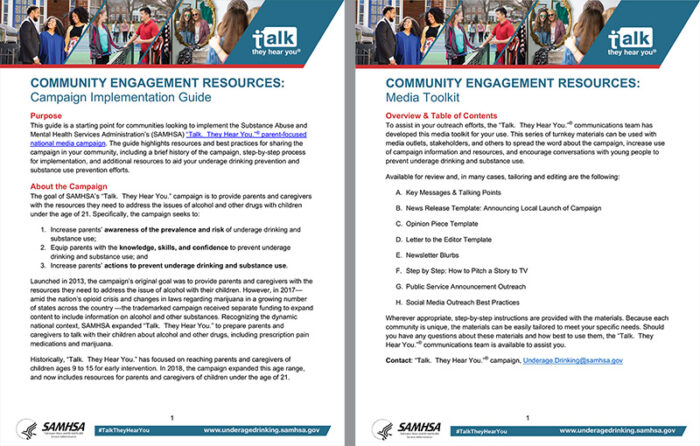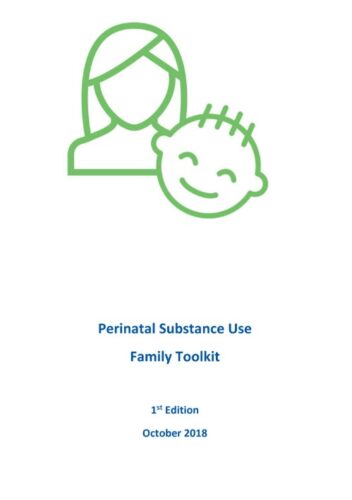Agency Logo & Name Policy & Procedure
Page 1 of 5
Category: Procedure No: OP-CLI-XXX
Department: Effective Date: Month XX, 2014
Mandated For: Revision Date: N/A
Mandated For: Next Review: Month XX, 2014
Exec. Approval: [SIGNATURE]
Exec. Approval:[SIGNATURE]
Medication Services
Prescription, Administration, and Documentation
PURPOSE
The purpose of this policy is to ensure that [AGENCY NAME] enforces safe and effective prescribing and administrating medications and complies with all requirements of federal and state laws and County policies and procedures, including documentation and risk management.
POLICY
It is the policy of [AGENCY NAME] to ensure that all medications are administered in a safe and timely manner; that all medication administration is documented accurately and that any medication errors are addressed in an effective manner improved service quality and outcome.
The agency will utilize the [NAME] County Medication Treatment Guidelines, protocols and outpatient medication consents which are consistent with current practices in psychopharmacology.
PROCEDURE
A. Prescribing
1) Medications will only be prescribed by licensed providers (physicians and psychiatric nurse practitioners) who are lawfully authorized to prescribe for clients of [AGENCY NAME].
2) All medication related-orders shall be documented in writing or electronically ordered and signed accordingly.
a. Providers, at their discretion, may write or give verbal orders to a licensed medical
support staff who records them in the client’s record.
3) For female clients of childbearing age, providers will discuss the use of medications during pregnancy and document such discussion prior to prescribing a new medication.
4) Providers will follow all county regulation related to prescribing Controlled Medication.
5) All medications will be electronically ordered through Order Connect.
i. Oral medications will be sent to the pharmacy of the client’s choosing.
ii. Injectable medication prescriptions administered by [AGENCY NAME] will be
electronically ordered through Order Connect to the pharmacy of [AGENCY NAME] choosing.
6) If needed prescriptions may be faxed or called into to the pharmacy and documented as described above
B. Administering
1) See residential procedures for Self-Administration Policy (OPS-MED-XXX)
2) Injection medication shall be administered as prescribed by the [AGENCY NAME] providers.
a. If injection is not administered by due date, the prescriber must be notified and a new order must be obtained to administer the injection.
b. All orders must be documented as described above
3) Prior to administration of an injectable medication that has been transported from the client’s
previous placement facility or provider, a [AGENCY NAME] prescriber must be consulted and at their discretion order the administration of the medication.
4) Administering sample medications is prohibited.
5) Authorized staff administering injections (physician, RN, or LPT/LVN) will adhere to appropriate aseptic methods and universal precautions.
6) Injections will be administered in a private setting and on a one-on-one basis.
7) Authorized staff will review the treating psychiatrist’s order prior to administering the injection.
8) All injection medication prescriptions when administered by the Agency will be logged onto the Centrally Stored Medication Record. All entries must be completed at time of administration.
9) Injections administered by the physician, RN or LPT/LVN will rotate intramuscular injection sites and document the site of the injection. An assessment of the selected injection site will be done prior to each injection to assess for any tissue damage and document if tissue damage is observed.
C. Documentation Requirements
1) All medications prescribed require the completion of the [NAME] County Outpatient Consent for Medication form. The consent form will provide a guide for a comprehensive overview of the medication prescribed, its intended purpose, side effects, precautions and risks. The form will also contain specific information in the area of precautions regarding the use of medications by women
of child-bearing age, the use of medications during pregnancy, and special dietary needs and restrictions associated with use of the medications.
2) For all medications prescribed, a Progress Note will be completed at the onset of medication treatment and at every client visit within the designated timeframe. The Progress Note will contain the following notation in the AVATAR (electronic) system:
a. The client’s name as registered in Unicare/AVATAR
b. Diagnosis to justify the medication being prescribed
c. Date medication prescribed
d. Name of medication
e. Dosage/Strength
f. Route of administration
g. Schedule of administration
h. Acknowledgement of advice of side effects and consent
i. Dates discontinued or changed, with specific reasons for change
j. Next medication follow-up appointment
k. The electronic legal signature of the licensed provider
3) An allergy notation will be placed on the Progress Note for any person served known to have a drug sensitivity, and will be reviewed and updated by the psychiatrist, RN, or LPT/LPT, as appropriate.
4) In the event of an allergic reaction or other side effect related to the administration of an injectable medication, the authorized staff administering the injection will notify the prescribing provider and document the event in a progress note.
5) Providers will document their discussion regarding the client’s needs and preferences for medication use and determine their overall satisfaction.
6) All injection medication administered by the prescriber, RN or LPT/LPT will be logged on to the Centrally Stored Medication Record – Medication Dispensing Log with the following information:
a. Date & Time of Administration
b. Medication Name
c. Source of RX
d. Lot # if MDV used (Multi Dose Vial)
e. Dose
f. Route of Administration
g. Staff Signature
7) A progress note documenting the injection will be completed by the RN or LPT within the
designated timeframe.
a. The client’s name as registered in Unicare/AVATAR
b. Date of administration
c. Medication, dosage, injection site
d. Next medication due date
e. Injection refusal or client no show will be reported to the treating psychiatrist and
documented accordingly.
D. Medication
Risk Management will be defined as not following the established policies and procedures regarding Medication Errors: Administration & Documentation, and other Medication Risk Factors:
Disposal, Storage, and Inventory.
1) Administration and Documentation
a. Incorrect medication
b. Incorrect dose
c. Incorrect amount
d. Incorrect route of administration
e. Incorrect person
f. Incorrect time
g. Medication omitted
h. Incomplete consent form
i. Incomplete Physician prescription order form
j. Medication container mislabeled
2) Storage, Inventory, and Disposal
a. Medication not stored in proper environment (refrigeration)
b. Medication not locked and maintained in a secure manner
c. Medication keys lost
d. Medication count not completed
e. Medication count results in extra or missing medication
f. Inappropriate disposal of syringes and needles
3) All medication errors will be reported in the following manner:
a. The Clinical Incident/Critical Incident Response Reporting procedures will be utilized to report and fully investigate medication errors and result in organizational quality improvement activities.
b. The Medical Director and manager in charge of medical services will be immediately
informed of the medication error and will notify the treating psychiatrist when medication error(s) occur.
c. The client receiving medication services will be informed at the discretion of the psychiatrist if it is determined through the physician’s clinical judgment that the error impacted the treatment of the client in any manner.
4) A progress note will be entered into the client’s record when it is determined by the Medical Director and/or treating medical staff that the medication error resulted in a significant degree of impact to the client’s care.
5) All medication errors will be discussed with the employee/contractor and his/her Medical Director or manager and follow the Management Guidebook for supporting the Discipline Process.


